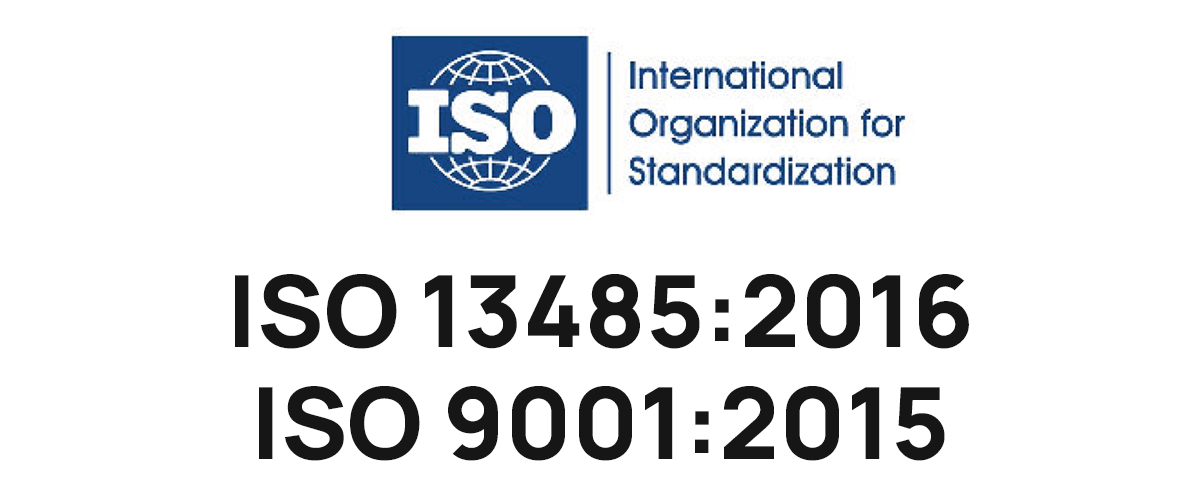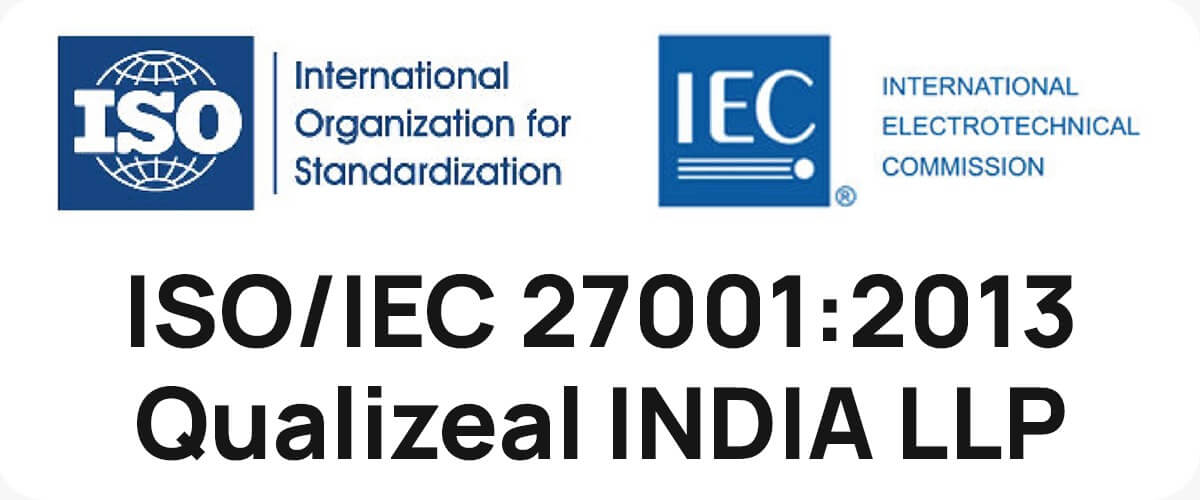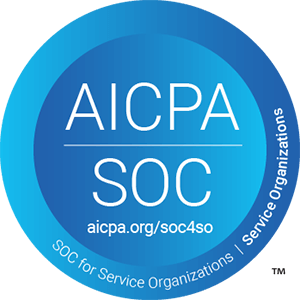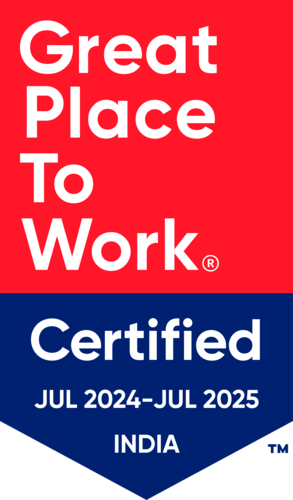In the ever-evolving landscape of healthcare, ensuring the quality and safety of medical devices is crucial. Yet, with the complexity and criticality of these devices, traditional testing methods may fall short. Enter automated testing—a game-changer poised to revolutionize quality assurance in healthcare. According to a report by Grand View Research, the global medical device testing services market is projected to reach $13.4 billion by 2027, underlining the increasing demand for rigorous testing protocols. Additionally, the FDA’s Center for Devices and Radiological Health emphasizes the importance of robust testing processes, with a staggering 79% increase in medical device recalls since 2003.
In this blog, we’ll delve into the transformative potential of automated testing for medical devices, exploring its benefits, challenges, and implications for the future of healthcare quality assurance.

What is Quality Assurance in Healthcare?
Quality assurance in healthcare may not be commonly associated, but it plays a crucial role in ensuring top-notch medical services. While quality control focuses on product-oriented tasks, quality assurance revolves around service requirements and goals. In healthcare, this translates to meticulous measurement of key metrics to enhance processes continuously.
Custom software solutions are integral to this process, automating metric tracking for analysis and problem identification in care delivery. Such initiatives not only enhance clinical outcomes but also boost staff engagement by providing actionable data for collective improvement efforts.
Various factors influence patient care quality, with its significance tied closely to a healthcare organization’s economic success. Improvement strategies encompass internal audits, independent performance evaluations, consumer reports, outcomes analysis, and customer satisfaction surveys. Quality assurance in healthcare is essential for the industry’s advancement and ensuring superior patient experiences.
QA in healthcare: Understanding QA, QC, and QI
Quality assurance (QA) in healthcare encompasses various activities geared towards enhancing patient care quality and minimizing errors. It involves the establishment of policies, regular audits, staff training, and ongoing evaluation to ensure services meet predetermined standards.
In contrast, Quality Control (QC) focuses on identifying and rectifying defects in the final product or service. In healthcare, this may involve verifying patient information or checking medication dosages to prevent errors.
Meanwhile, Quality Improvement (QI) initiatives aim to refine processes and systems for better patient care. For instance, hospitals might implement QI programs to reduce wait times or enhance patient satisfaction scores.
Though interrelated, QA, QC, and QI pursue distinct goals and methodologies. Effective QA implementation in healthcare can enhance patient safety, reduce expenses, and elevate overall care quality.

Why should Quality Assurance be implemented in healthcare?
Implementing QA processes in healthcare is crucial for several reasons. Foremost, they ensure patient safety and enhance the quality of care delivered. QA healthcare processes involve systematic monitoring, measurement, and evaluation of healthcare practices to pinpoint areas for improvement and minimize errors. Medical errors in the United States have led to hundreds of thousands of deaths, ranking among the leading causes of mortality in the country. The implementation of QA processes can mitigate these tragic occurrences and ultimately enhance patient outcomes.
Cost Savings:
In addition to bolstering patient safety, QA processes can yield substantial cost savings for healthcare organizations. Research by the National Committee for Quality Assurance indicates that for every $1 invested in quality improvement, healthcare organizations save $3. As healthcare expenses continue to escalate, integrating QA processes can enable organizations to furnish superior care at a reduced expense.
Competitive Edge:
Moreover, integrating QA processes can bolster healthcare organizations’ competitiveness in an industry increasingly centered on patient experience. Patients today are more informed and empowered, with heightened expectations regarding the quality of care they receive. By implementing QA processes, healthcare organizations can demonstrate their dedication to providing top-notch care and meeting patient expectations.
Regulatory Compliance:
Lastly, QA processes aid healthcare organizations in complying with regulatory requirements and securing accreditations. For instance, the National Committee for Quality Assurance offers voluntary accreditation for healthcare organizations and health plans. Its Healthcare Effectiveness Data and Information Set evaluation system relies on a set of performance measures to track quality assurance, ensuring alignment with regulatory standards.

Revolutionizing Healthcare with Quality Assurance
Quality Assurance (QA) software has emerged as a pivotal asset for healthcare organizations striving to uphold and surpass quality standards. These sophisticated software solutions offer a comprehensive array of tools and functionalities, streamlining the quality assurance process and empowering healthcare entities to identify and prevent errors effectively.
One of the standout features of QA software lies in its capability to automate testing and validation procedures. Through automated regression testing, it ensures that modifications or updates to software do not compromise existing functionality. By automating these tasks, healthcare organizations optimize time and resources while guaranteeing the seamless performance of their software.
Another remarkable aspect of QA healthcare software is its provision of real-time monitoring and analytics. This encompasses performance monitoring to detect and resolve issues proactively, along with tracking metrics to gauge the efficacy of QA processes. By furnishing actionable insights, QA software facilitates data-driven decision-making, enabling healthcare organizations to continually enhance software quality and patient care standards.
Moreover, QA software plays a pivotal role in assisting healthcare organizations in meeting regulatory and compliance mandates. For instance, the Health Insurance Portability and Accountability Act (HIPAA) imposes stringent data privacy and security obligations on healthcare providers. QA software aids in compliance by conducting security testing and pinpointing vulnerabilities that could jeopardize patient data.
In essence, QA software serves as a potent ally for healthcare organizations, ensuring the smooth functioning of software systems, regulatory adherence, and the delivery of exceptional patient care. Unlock the full potential of your medical department with QualiZeal’s cutting-edge software solutions. Contact us today to optimize your healthcare operations!
When it comes to developing custom quality assurance software for healthcare organizations, selecting a trusted vendor is paramount, given the sensitive nature of medical data. Mishandling patient data not only jeopardizes patient privacy but also exposes the organization to significant risks, especially with the growing threat of ransomware attacks.

Looking for a tailored medical solution Choose QualiZeal!
QualiZeal, a leading tech company based in North America, specializes in crafting custom quality assurance software for healthcare organizations. Our expertise spans a wide range of solutions, including remote patient monitoring and medication tracking software. With a global network of specialists, we ensure that all our deliverables meet stringent quality standards through meticulous scripted and manual testing services.
Elevate your organization’s quality assurance program by scheduling a consultation with our team today!
























